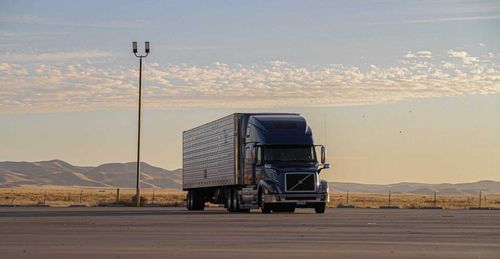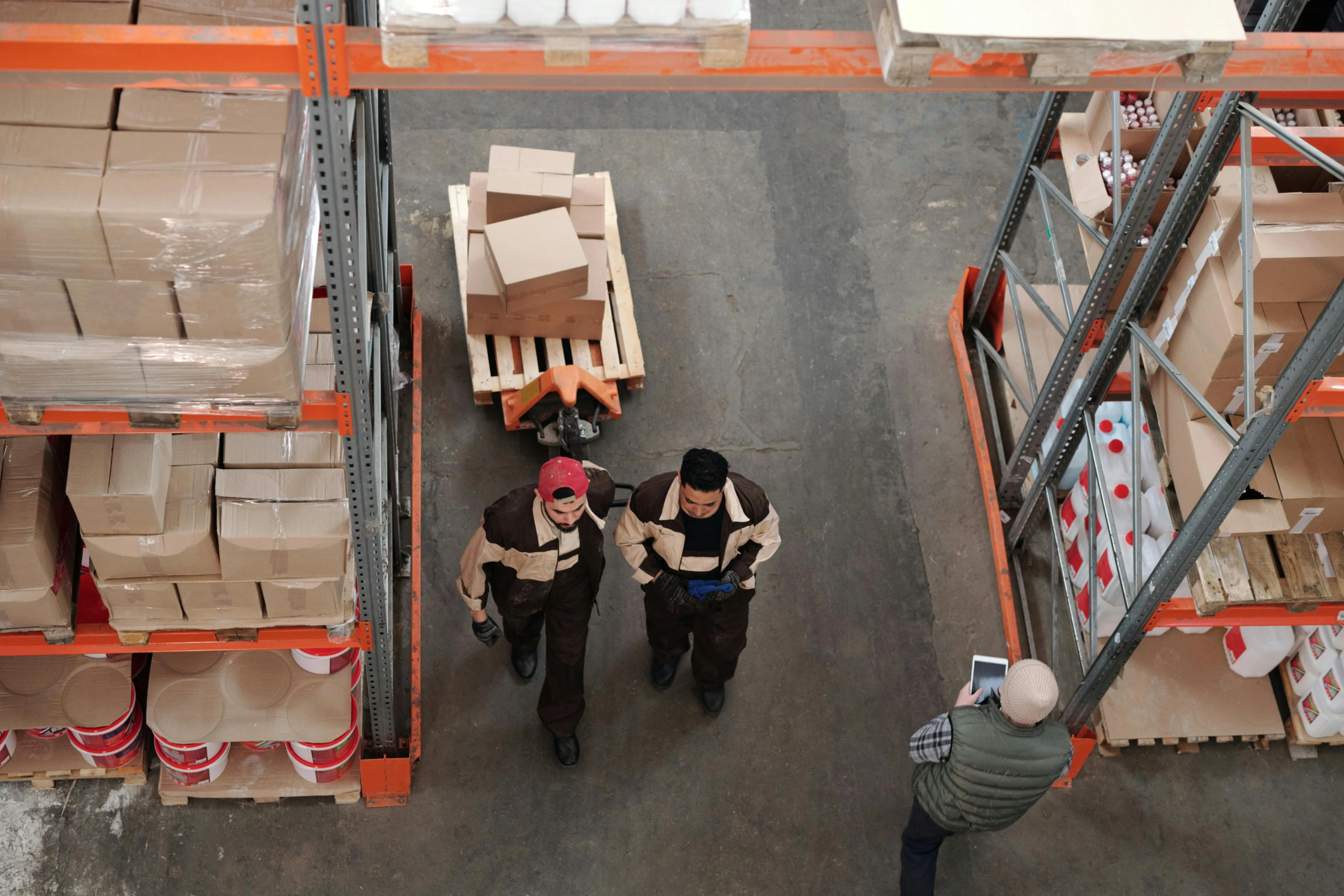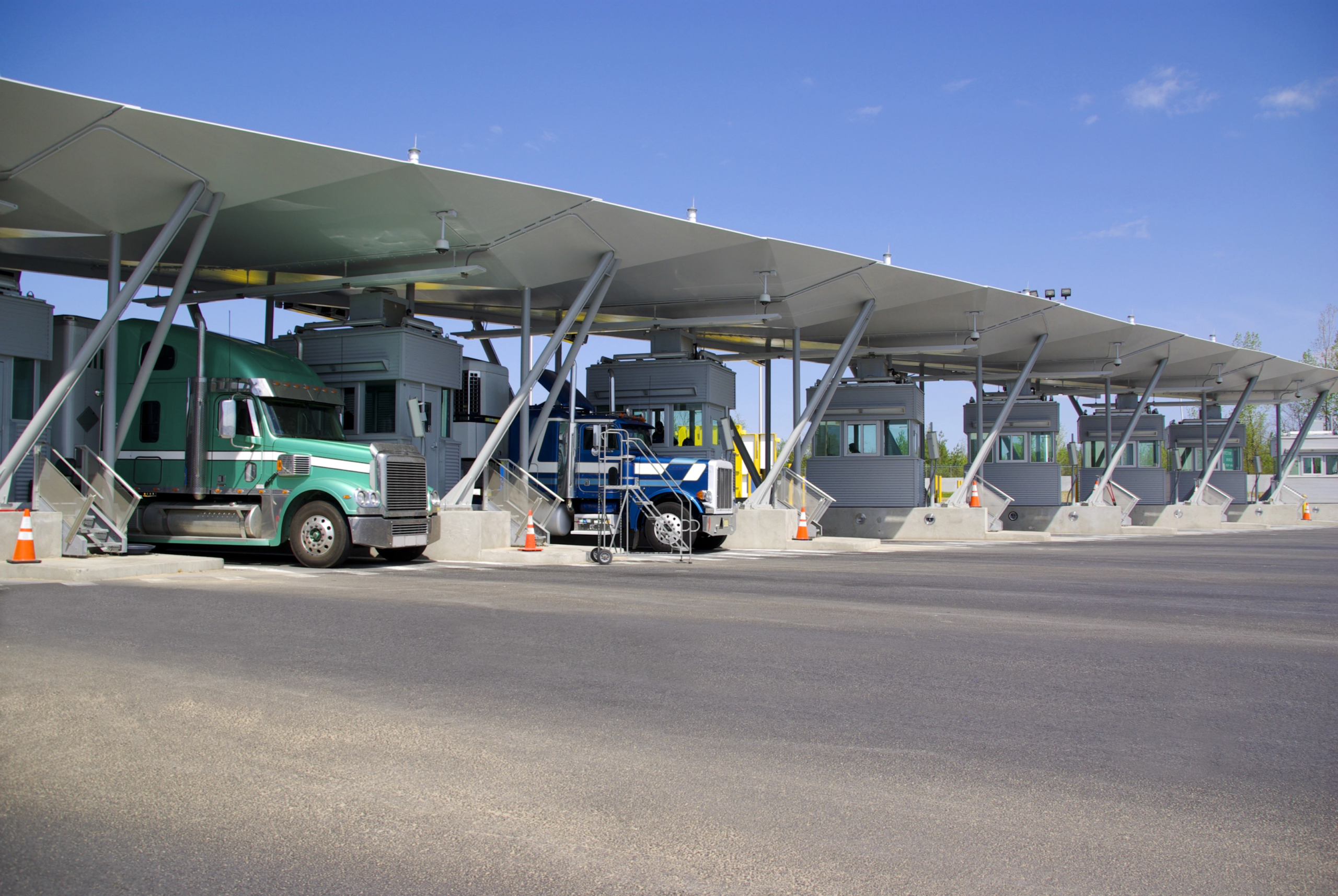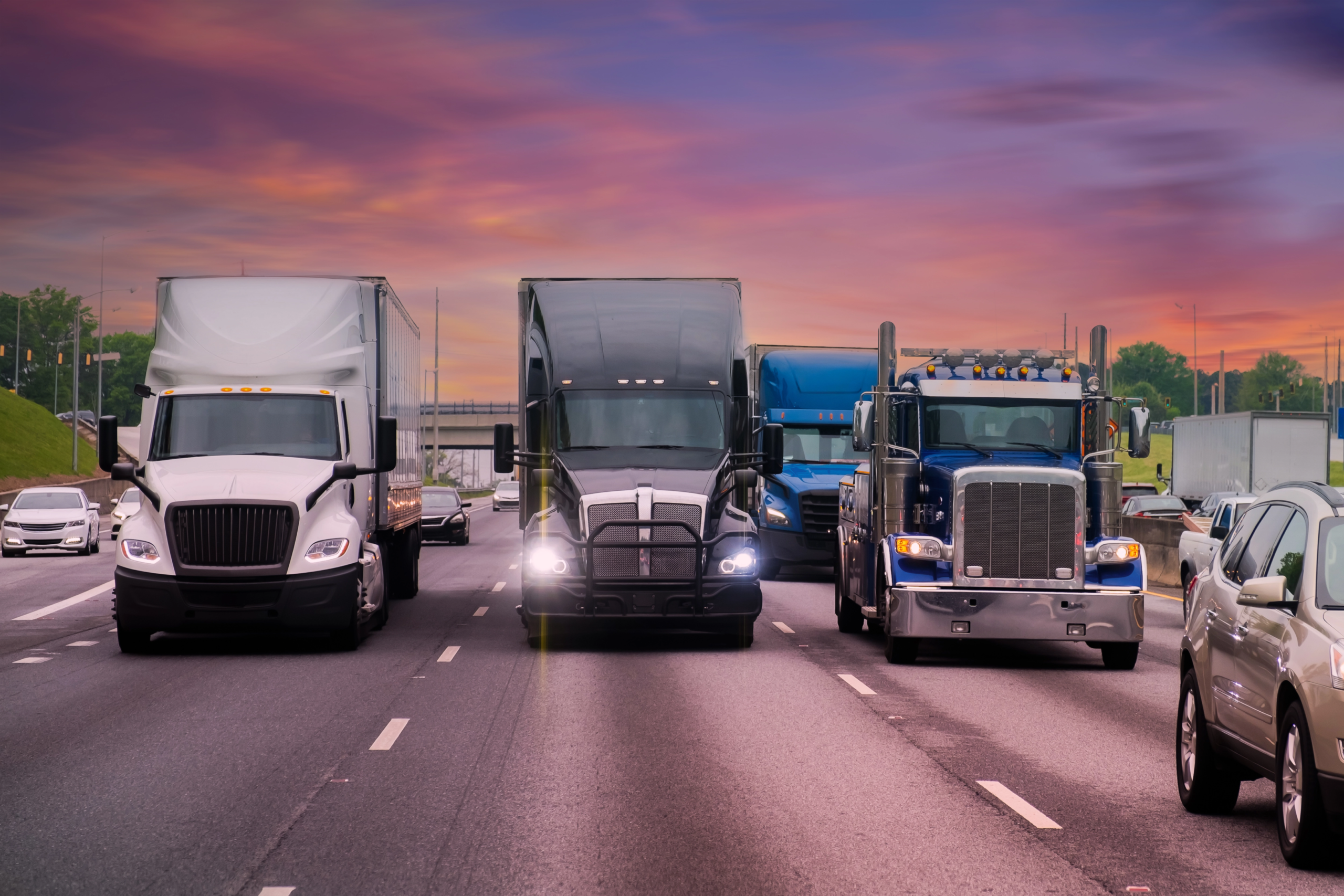The Future of Freight Transportation: Trends and Technologies
The Future of Freight Transportation: Trends and Technologies Leading up to 2019, the surge of e-commerce and higher consumer expectations strained global transportation and logistics networks. Manufacturers and retailers reacted by pushing their systems further, expanding just-in-time production and fulfillment operations worldwide. The pandemic’s arrival in 2020 caused global demand shifts and production pauses, complicating goods movement through ports and skies. This led to bottlenecks and price spikes, exposing vulnerable supply chains and accelerating the need for rethinking freight practices in the future transportation landscape.
Today, the transportation sector faces a critical juncture with multiple transformative forces. Industries are embracing nearshoring to enhance supply chains while China’s trade dominance weakens, driving growth in other regions within companies in the transportation field. This seismic shift is paired with data science, material, and engineering revolutions, attracting new entrants like startups, megaretailers, and hyper scalers seeking a share of the substantial opportunities in the market.
Nearshoring redraws the map
Analysts long predicted nearshoring, but real shifts emerged recently due to supply chain breakdowns, favorable economics, and automation’s rise.
In 2022, US firms plan to restore 350,000 jobs, up from 260,000 in 2021. Auto and electronics sectors invest billions in US facilities. Robotics address labor and costs in Europe and the US, reshoring diverse production.
Asia-originating freight shifts onshore or nearshore, with 20% projected by 2025, doubling to 40% by 2030, impacting the freight industry. Sectors like agriculture, apparel, and electronics lead shifts. Reshaped supply chains prompt transportation firms to rethink operations, infrastructure, and partnerships to adapt to how transportation will change in the future. Established networks face change, from intricate Asian supply lines to decentralized, resilient models.
Different impacts, different strategies
Production shifts impact transportation modes differently. Ocean carriers like COSCO and A.P. Moller-Maersk face distinct changes from intra-European or intra-US trucking carriers, influencing the future of the trucking industry.
For example, Maersk enhances its US position by acquiring Visible Supply Chain Management LLC and warehouse distribution. Their strategy streamlines global logistics, integrating supply chains for simplicity and reliability.
DHL and XPO Logistics face challenges. New manufacturing plants reshape warehouses and fleets, potentially scaling down in some markets and expanding in others, affecting the economic outlook of the trucking industry. This impacts the workforce, fleet locations, and utilization.
The great data unlock
Over many decades, the transportation sector has amassed vast volumes of data; however, until now, only a fraction of this data has been effectively unlocked. Contemporary transportation enterprises have access to considerably higher-resolution data and can harness advanced data science techniques to conduct near-real-time analytics, changing the landscape of transportation of goods. In the context of a modern, fully digitized parcel company, every step of package delivery both incorporates and generates data. These data points accumulate rapidly for a company that ships a staggering 17 million packages daily across 200 countries, offering substantial predictive potential for those capable of harnessing and contextualizing them.
Nevertheless, challenges exist in transforming this information into valuable insights for decision-makers, impacting how transportation will change in the future. Information silos hinder holistic analysis, evolution of analytics tools presents obstacles, resource allocation is complex, and regulatory demands introduce complexity.
Undaunted by these challenges, a notable 78% of respondents are determined to monetize data as a value-added service or capability, supported by their in-house data scientists. Survey participants conveyed their expectations that data’s greatest value lies in enhancing visibility across end-to-end logistics, customer relationship management, demand forecasting, and workforce management. Competence in managing data is rapidly evolving into a prerequisite for success in the transportation industry.
New competition, new cooperation
Most transportation companies traditionally develop necessary capabilities to compete, but the upcoming transportation landscape might herald a fresh era of collaboration, impacting how transportation of goods will be in the future. This shift could prompt companies to assess their core strengths and identify areas where partnering with entities possessing specialized domain expertise would be more advantageous.
Only 29% of surveyed transportation executives perceive traditional legacy logistics providers as best poised to achieve progress in data optimization by 2030. Conversely, nearly 60% anticipate new entrants, retail giants, and cloud service providers to emerge as leaders. This dynamic offers a substantial opening for agile, technology-driven entities to carve out positions in the market, changing the future transportation landscape.
Restructuring to better align capabilities Historically, efficient freight movement capabilities encompassed various functions, but the evolving landscape of freight patterns and technology advancements could reshape the way they are supported and executed. Companies might find it necessary to reevaluate support function methods, with back-office operations susceptible to transformation through software-as-a-service and platform-as-a-service models, impacting how transportation of goods will be like in the future.
Transportation leaders are divesting from lower-value activities and intend to outsource noncore functions and incorporate new capabilities through acquisitions to align their operations and service offerings with the evolving environment.
Fleet transformation
Driven by technology emergence and shifts in public policy, the transformation of fleets coincides with broader changes, impacting the future of the trucking industry. Electric Vehicles (EVs) and Autonomous Vehicles (AVs) are making strides, with onboard technology integration such as IoT sensors for freight monitoring and automation within drayage.
Respondents anticipate 35% electrification and 45% automation by 2030. Most respondents foresee EV and AV manufacturers entering the transportation and logistics sector. The viability of EVs for long-haul deliveries and AVs addressing driver shortages influence future transportation strategies.
Conclusion
Success in today’s dynamic transportation landscape hinges on strategic partnerships, operational agility, data utilization, and technology adaptation. Amidst these changes, LAX Freight transportation company stands as your essential business ally.
With a focus on tailored solutions and cutting-edge technology, we’re not just a service provider – we’re your logistics partner. Our commitment to transparency and sustainability ensures we’re not just adapting to change but driving it. Join us in shaping the future of freight transportation.
Check out the LAX Freight blog today for more inside expert tips and guides about the transportation business.



